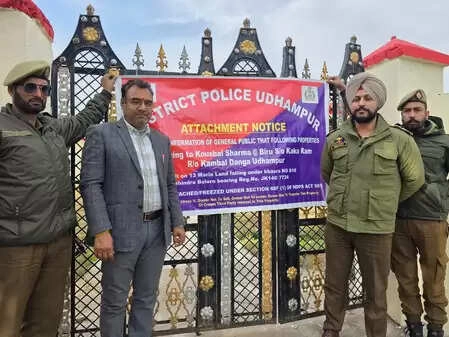The ongoing conflict between the Manipur Police and the United Kuki Liberation Front (UKLF), a group linked to a ceasefire agreement, has sparked significant controversy regarding the rules of engagement and operational conduct under the Suspension of Operations (SoO) framework. This situation highlights the complexities and challenges of implementing peace agreements in regions with a history of insurgency and militant activity. The SoO arrangement is intended to foster dialogue and reconciliation, allowing armed groups to engage in discussions with the government while ceasing hostilities. However, the reality on the ground often reveals a different story, as both parties navigate the delicate balance between maintaining law and order and respecting the terms of the ceasefire.
The Manipur Police have raised concerns about the UKLF’s adherence to the ground rules set forth in the SoO agreement. Law enforcement officials argue that the UKLF has engaged in activities that undermine the peace process, including the establishment of parallel governance structures and the imposition of their authority over local communities. Such actions not only challenge state sovereignty but also create an environment of fear and intimidation among the civilian population. The police assert that for the peace process to be effective, all parties must strictly adhere to the agreed-upon terms, which include a commitment to non-violence and cooperation with state authorities.
On the other hand, the UKLF contends that their actions are necessary to protect the interests of the Kuki community and to address historical grievances stemming from marginalization and violence. They argue that the SoO framework is not merely a cessation of hostilities but also an acknowledgment of their political aspirations and rights. As such, they believe that their governance initiatives are legitimate and aligned with the broader goals of peace and stability in the region. This clash of perspectives underscores the difficulty of reconciling differing views on governance, identity, and autonomy, particularly in a region marked by ethnic diversity and historical tensions.
The path forward in this complex scenario demands constructive dialogue and a willingness from both the Manipur Police and the UKLF to find common ground. The government may need to facilitate discussions that address the underlying issues of representation and governance while ensuring that the rule of law is upheld. At the same time, the UKLF must recognize the importance of cooperating with state authorities to foster trust and build a sustainable peace. Ultimately, the success of the SoO framework hinges on the ability of all stakeholders to navigate their differences and work collaboratively towards a more peaceful and inclusive future for Manipur.




